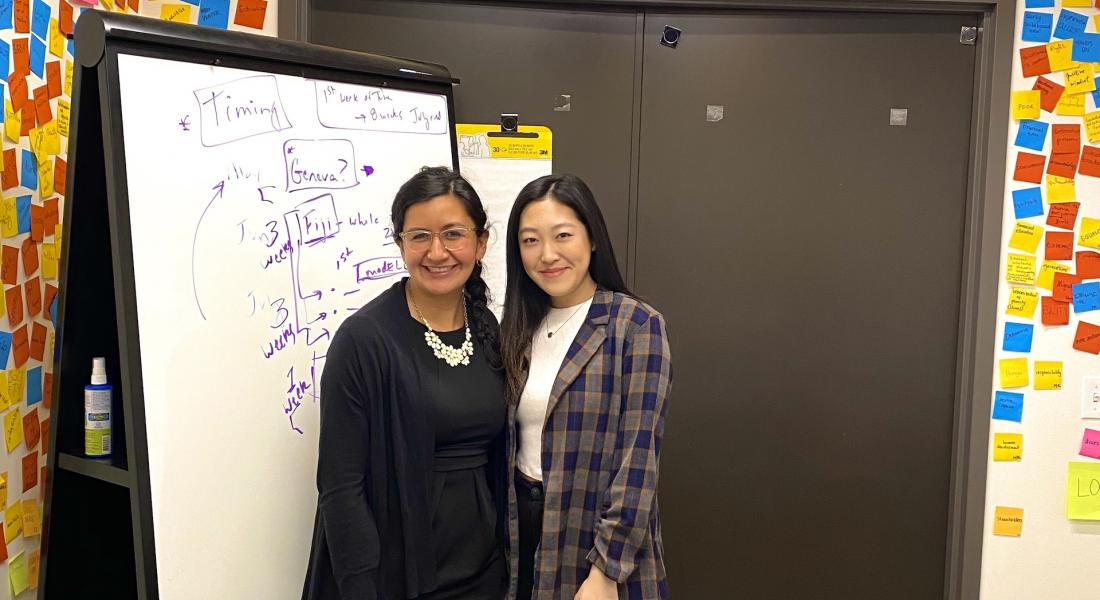
This past summer, I worked closely with Harvard Medical School’s Program for Global Surgery and Social Change (PGSSC) and a team of three Notre Dame Masters of Global Affairs students to assist the government of five Pacific Island countries in improving their surgical services. My work specifically focused on developing a draft for Fiji’s National Surgical Obstetric and Anesthesia Plan (NSOAP).
Currently, five billion people in the world do not have access to safe, affordable surgical and anesthesia care when required. Safe and reliable surgery is a critical component in achieving the Sustainable Development Goal of Universal Health Coverage (UHC). One of the main works of PGSSC revolves around supporting countries and their governments in developing an NSOAP. NSOAPs, proposed by the Lancet Commission on Global Surgery, are a recommended tool for scaling up surgical, anesthesia, and obstetrics (SAO) care with a coordinated approach and integration into national health system plans. The NSOAP is structured around six domains (infrastructure, workforce, service delivery, finance, governance, and information management) through which improvements to the surgical system can be made.
The team this summer carried out data collection in two ways to gather information for the NSOAP. First, we sent out a facility assessment tool (quantitative online survey) to gather information about the conditions/infrastructure of surgical facilities in bell-weather hospitals. Second, we conducted qualitative semi-structured Zoom interviews with various surgical stakeholders. I will be continuing the virtual interviews throughout the semester, compiling data to write a draft of the NSOAP, which is to be completed by the government of Fiji through a series of stakeholder meetings.





